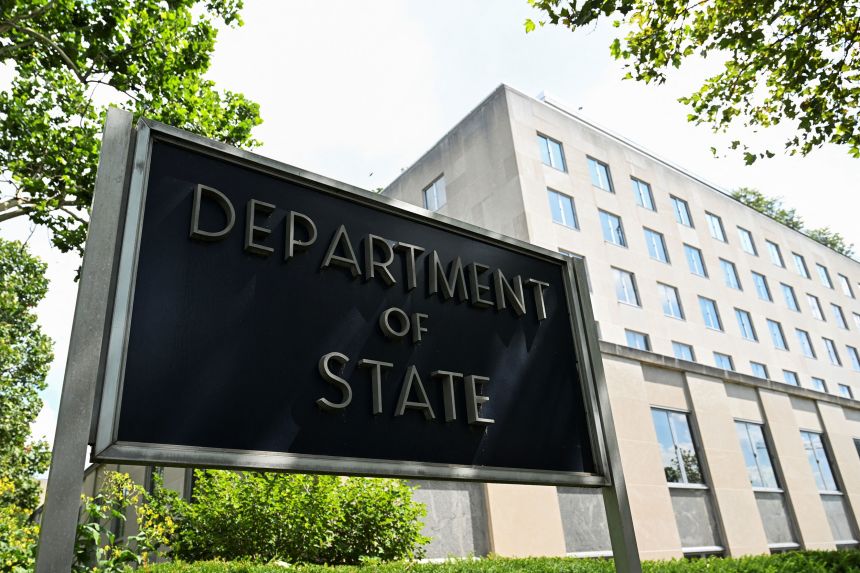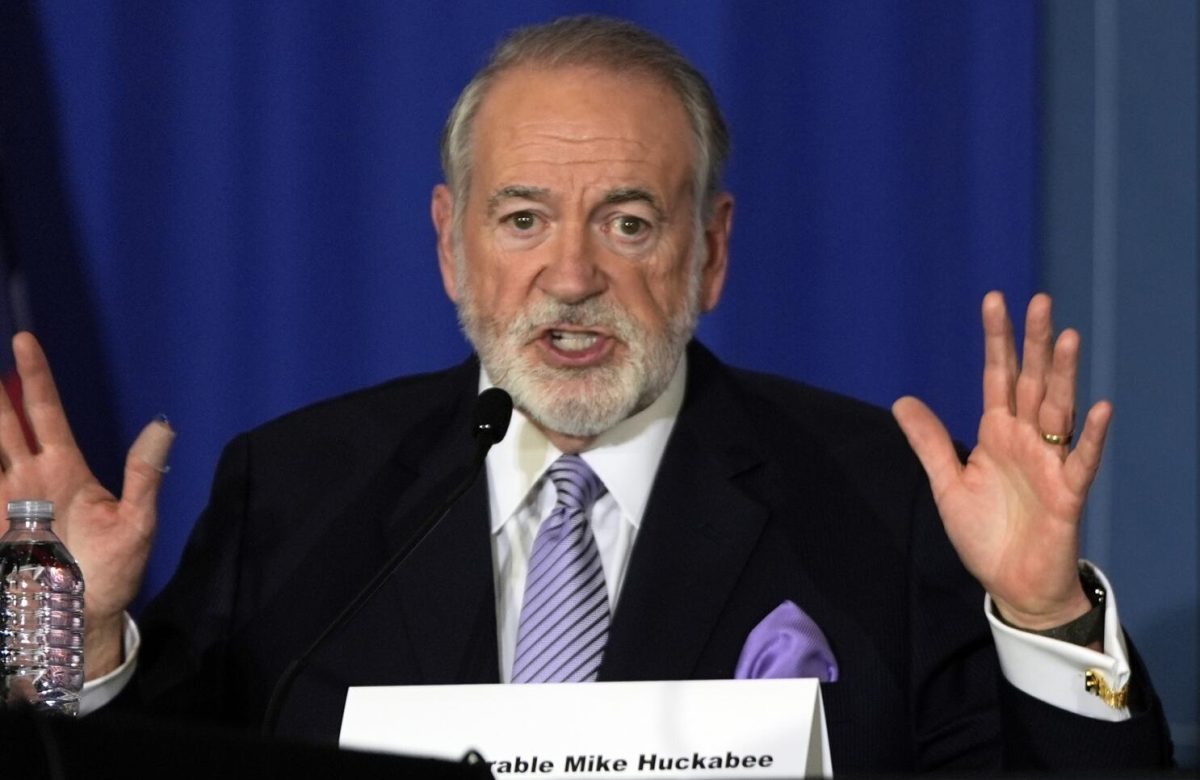
U.S. Appeals Court Blocks Trump Administration’s Attempt to End Legal Status for Migrants
- World News
- May 5, 2025
- No Comment
U.S. Appeals Court Blocks Trump Administration’s Attempt to End Legal Status for Migrants
Report by Safarti Tarjuman International Desk
A U.S. federal appeals court has rejected a bid by President Donald Trump’s administration to revoke temporary legal status granted to hundreds of thousands of migrants from Cuba, Haiti, Nicaragua, and Venezuela.
The decision by the Boston-based 1st U.S. Circuit Court of Appeals upheld a lower court’s ruling that blocked the Department of Homeland Security (DHS) from terminating two-year parole protections previously granted under President Joe Biden’s administration. The program, which allowed recipients to live and work legally in the United States, was created to offer humanitarian relief amid regional instability.
The Trump administration argued that Homeland Security Secretary Kristi Noem had full discretion to terminate migrant parole en masse, and claimed that the judicial order prevented the government from exercising control over its immigration system.
However, the three-judge panel, all of whom were appointed by Democratic presidents, ruled that the administration failed to present a “strong showing” that its mass termination of parole would hold up under legal scrutiny. The panel emphasized that DHS’s categorical revocation, without case-by-case evaluation, violated legal standards for parole decisions.
Immigrant rights advocates hailed the ruling as a major legal victory. Karen Tumlin, a lead attorney with the Justice Action Center, described the administration’s actions as “reckless and illegal,” underscoring the human toll of abruptly ending protections for vulnerable communities.
The ruling stems from a lawsuit that challenged DHS’s March 25 notice announcing the cancellation of parole and work authorization for over 400,000 migrants. On April 25, U.S. District Judge Indira Talwani issued an injunction, stating that DHS acted improperly by applying a blanket policy instead of individualized assessments.
Judge Talwani further noted that DHS based its action on a flawed legal premise — that allowing parole to expire naturally would hinder the agency’s ability to conduct expedited deportations.
The Trump administration is expected to consider escalating the case to the U.S. Supreme Court, but no formal announcement has been made.







